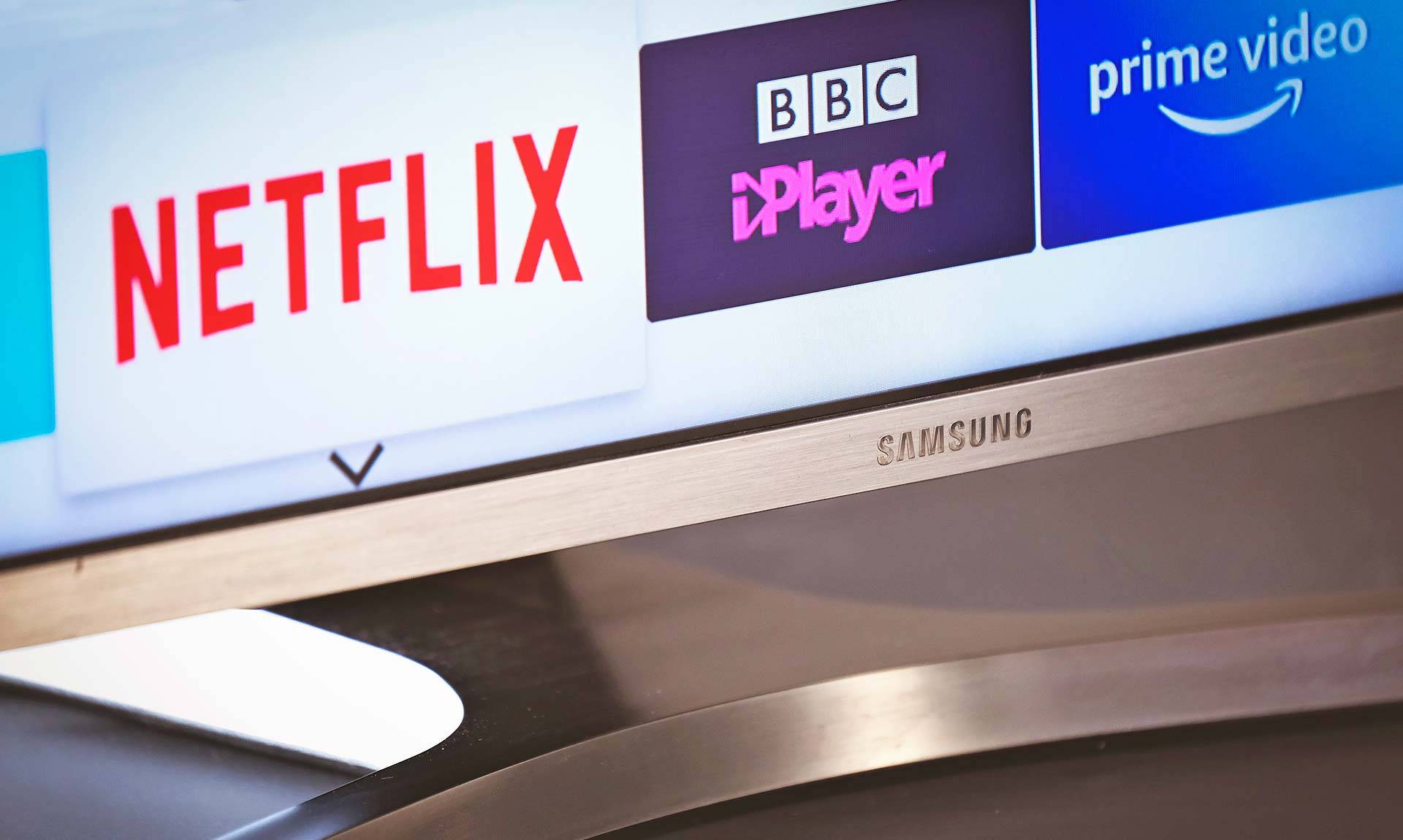Things to look at before buying your Gaming PC
How To Optimize Your Gaming Experience
Graphics Card:
For maximum performance, it’s critical to choose the correct parts while assembling your PC. The graphics card sticks out because it has low resolution and frame rates. It is important that the GPU you select fits the type of gaming you plan to make, whether it be 4K at 120 Hz or casual 1080p. Popular choices with differing performance levels are AMD Graphic Cards and the Nvidia RTX GForce 30 Series.
Role of Graphic Card in PC.
1. Visual Performance: Excellent graphics, produced by the graphics card, enable stunning and immersive gaming experiences.
2. Frame Rates: Quicker frame rates are made possible by powerful graphics cards, which also aid to reduce input lag and enable smoother gameplay.
3. Resolution Support: Modern graphics cards enable players to play games at 4K resolutions, which provide more visual fidelity and finer detail.
4. VR Capabilities: For an enjoyable virtual reality gaming experience, high-end graphics cards are required to supply the processing power required.
POWER SUPPLY UNIT(PSU):
Manufacturers such as Sapphire or AMD modify and adjust graphics cards, changing things like size and cooling options. This modification has an impact on chassis size and power supply compatibility, emphasizing how crucial it is to select parts that are compatible with one another.
Role of PSU in Gaming.
1.Stability: During long gaming sessions, a dependable power supply unit lowers the chance of system crashes or instability by ensuring steady and consistent power delivery to all components.
2. Component Protection: Sensitive components are shielded from power surges and fluctuations by a high-quality PSU, preventing damage and prolonging the life of your gaming PC.
3. Expandability: Easy expansion and upgrades are made possible by sufficient power and modular wiring options, which may accommodate extra components like high-end graphics cards or storage systems.
4. Efficiency: Over time, quieter operation and cheaper electricity costs are made possible by energy-efficient PSUs, which also help to reduce power consumption and heat generation.
5. Compatibility: Selecting a PSU with the right power ratings and connectors guarantees that it will work with the components you’ve already decided on, making integration into your gaming setup easier.
CPU:
Following the graphics card, attention turns to the CPU, acting as the heart of the system. CPUs like AMD’s Ryzen 7 or Intel’s i7 are recommended for gaming, with considerations for core count and performance matching the GPU.
CPU function in gaming PCs.
1. Processing Power: Faster reaction times and more fluid gameplay are achieved by efficient AI and game logic processing by a high-performance CPU.
2. Frame Rate Stability: In games that require a lot of processing power, a strong CPU helps keep frame rates steady, reducing drops and guaranteeing a smoother gameplay experience.
3. Streaming and Content production: A strong CPU enables gaming as well as streaming, video recording, and content production, enabling smooth multitasking without sacrificing performance.
4. Overclocking Potential: Enthusiast-grade CPUs have the ability to be overclocked, enabling users to push their hardware to the limit for improved productivity and gaming performance.
5. Compatibility: Selecting a suitable CPU maximizes overall system stability and efficiency by ensuring optimum performance with other components in your gaming PC.
MEMORY:
RAM and storage, particularly SSDs, have become integral for faster load times and smoother gameplay.
RAM’s function in gaming PCs.
1. Multitasking: With enough RAM, multitasking runs smoothly, allowing gamers to run many apps at once without experiencing any performance lag.
2. Game Loading Times: Quicker gameplay accessibility and a decrease in in-game loading windows are two benefits of faster RAM that improve the entire gaming experience.
3. Texture Loading: Larger texture caches made possible by more RAM minimize texture popping and enhance visual quality by guaranteeing smooth texture loading during gaming.
4. Future-Proofing: Choosing RAM modules with a larger capacity guarantees that software updates and games in the future will work with the system, meeting ever-increasing memory needs.
5. Stability: A platform with adequate RAM capacity offers a steady and dependable experience for continuous gaming by preventing memory-related crashes or slowdowns.
AIR COOLER:
Adequate power supply, case cooling, and motherboard size round out the essentials for a gaming PC build. Choices between air and liquid cooling solutions depend on preferences and setup considerations.
Role of Air Cooler in PCs
1.Temperature Control: By dispersing heat from the CPU, GPU, and other components, efficient air cooling systems preserve ideal operating temperatures and avoid thermal throttling.
2. Component Longevity: By minimizing heat-related damage and degradation, proper cooling helps gaming components last longer and maintain consistent performance over time.
3. Acoustic Performance: By lowering noise levels during gaming sessions, quiet air coolers create an immersive and pleasurable gaming environment free from annoying fan noise.
4. Support for Overheating: Stable overheating of CPUs and GPUs is made possible by high-performance air coolers, which grants enthusiasts who want the best gaming performance additional performance.
5. Compact Form Factor: Low-profile air coolers provide effective cooling solutions without sacrificing room or airflow inside small form factor gaming PCs.
Extras:
Enhancements like RGB lighting and Windows activation complete the build, with suggested configuration. Ultimately, a well-considered combination of components ensures an enjoyable gaming experience tailored to individual preferences and performance requirements.
latest video
news via inbox
Subscribe to Get News Updates








